****** This will be updated soon (new graphic, new dates) but I don't have it yet. *****
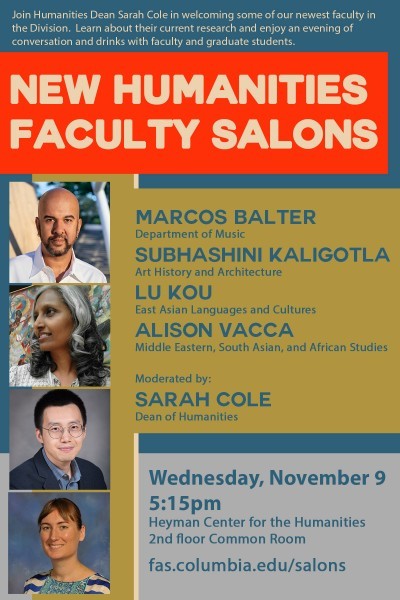
Wednesday, November 9, at 5:15pm
Heyman Center for the Humanities, 2nd Floor Common Room
Featuring:
- Marcos Balter, Fritz Reiner Professor of Musical Composition, Department of Music
- Subhashini Kaligotla, Barbara Stoler Miller Associate Professor of Indian and South Asian Art, AHAR
- Lu Kou, Assistant Professor of East Asian Languages and Cultures
- Alison Vacca, Gevork M. Avedissian Associate Professor of Armenian History and Civilization, MESAAS
Moderated by:
- Sarah Cole, Dean of Humanities and Parr Professor of English and Comparative Literature
Please join Division of Humanities Dean Sarah Cole in welcoming our newest colleagues from across the division.
Hosted by the Division of Humanities in the Arts and Sciences and co-sponsored by the Society of Fellows and Heyman Center for the Humanities, the New Humanities Faculty Salons are an opportunity to meet new faculty members as they join the Columbia Humanities community. Learn about their current work while you enjoy conversation, drinks, and snacks with faculty and graduate students. By bringing together scholars from across the Division, we hope to open conversations across the wider Humanities community.
All salons will be held at the Society of Fellows / Heyman Center for the Humanities, in the Common Room on the second floor.
Faculty and graduate students from all divisions are welcome to attend. Wine and snacks will be served. Events are 100% in-person.
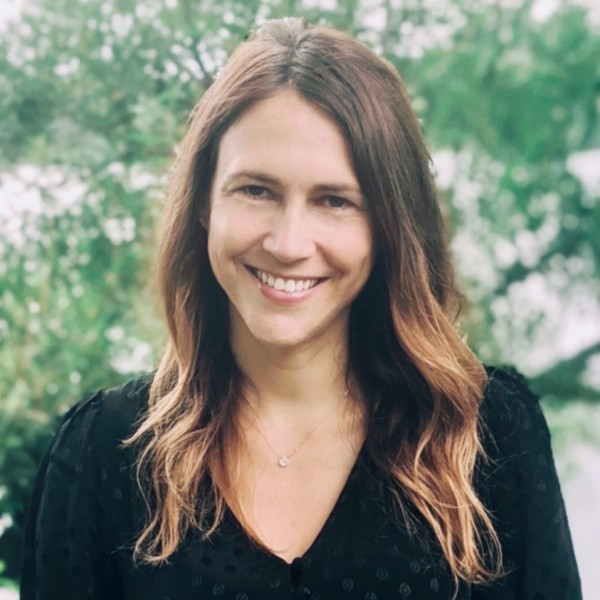
Allison Aitken, Philosophy
Allison Aitken's research centers on non-standard theories of relations and dependence structures in the history of metaphysics, both South Asian as well as early modern European. She is currently working on two projects: the first is a defense of the Madhyamaka Buddhist ontological dependence structure understood as a kind of metaphysical indefinitism; the second is an interpretation of the Lockean person as a relation.
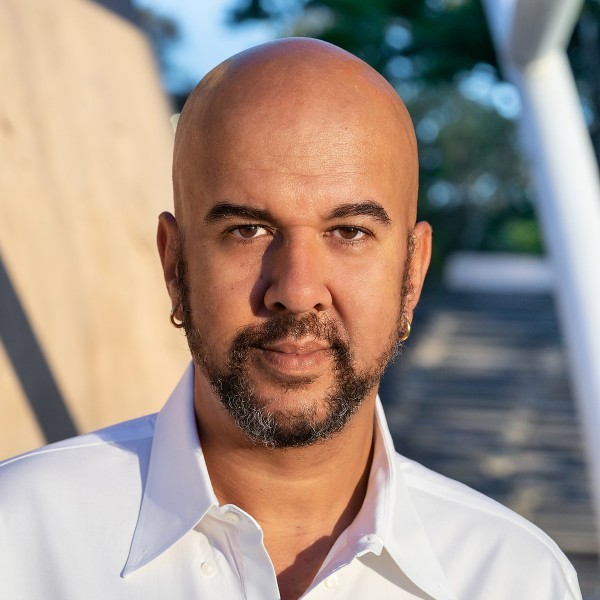
Marcos Balter, Music
Marcos Balter's music has been praised by The Chicago Tribune as "minutely crafted" and "utterly lovely," The New York Times as "whimsical" and "surreal," and The Washington Post as "dark and deeply poetic." He is the recipient of the American Academy of Arts and Letters Music Award, John Simon Guggenheim Foundation Fellowship, Civitella Ranieri Foundation Fellowship, Tanglewood Music Center Leonard Bernstein Fellowship, and two Chamber Music America Awards.
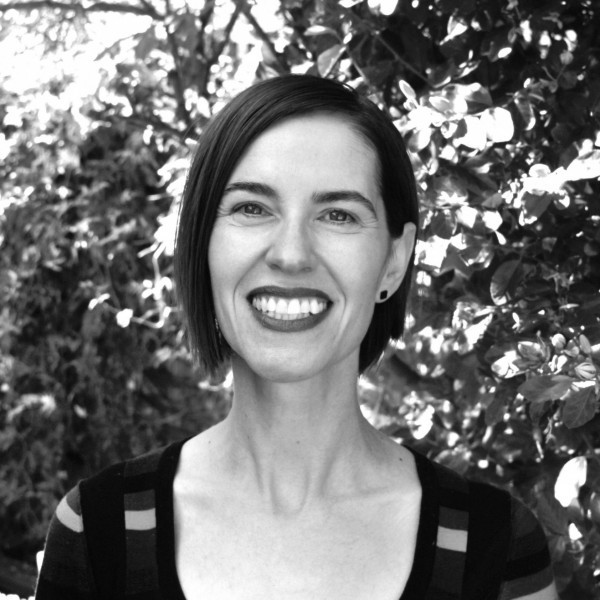
Julia Bryan-Wilson, AHAR
Julia Bryan-Wilson's research interests include feminist and queer theory, theories of artistic labor, performance and dance, production/fabrication, craft histories, photography, video, visual culture of the nuclear age, and collaborative practices. She is the author of Art Workers: Radical Practice in the Vietnam War Era (named a best book of the year by the New York Times and Artforum); Art in the Making: Artists and Their Materials from the Studio to Crowdsourcing; and Fray: Art and Textile Politics (a New York Times best art book of the year and winner of the Frank Jewett Mather Award, the Robert Motherwell Book Award, and the Association for the Study of the Arts of the Present Book Prize).

Jerónimo Duarte-Riascos, Latin American and Iberian Cultures
Jerónimo Duarte-Riascos's research, teaching, and curatorial projects concentrate on modern and contemporary artistic practices, with special attention to their literary and visual manifestations in Latin America. His current book project, tentatively titled Almost the Same But Not Quite–The Prosthetic Condition in Latin American Artistic Practices, studies works of art that simultaneously feature literary and visual components, and that were produced in the region after 1980.
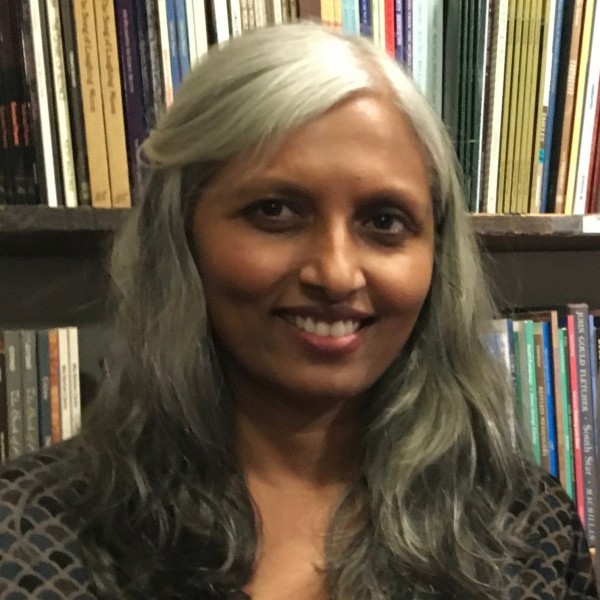
Subhashini Kaligotla, AHAR
Subhashini Kaligotla is an art historian of ancient and medieval South Asia. Her areas of expertise extend from the architecture of the early centuries BCE into the first millennium CE. Specific research interests include sacred spaces (Brahmanical, Buddhist, and Jaina); the agency of makers, materials, objects, and spaces; the dialogue between visual and textual representation; and historiography. She is author of Shiva’s Waterfront Temples: Architects and Their Audiences in Medieval India (Yale University Press, 2022), a work that places the ingenuity of medieval Deccan Indian makers at its center.
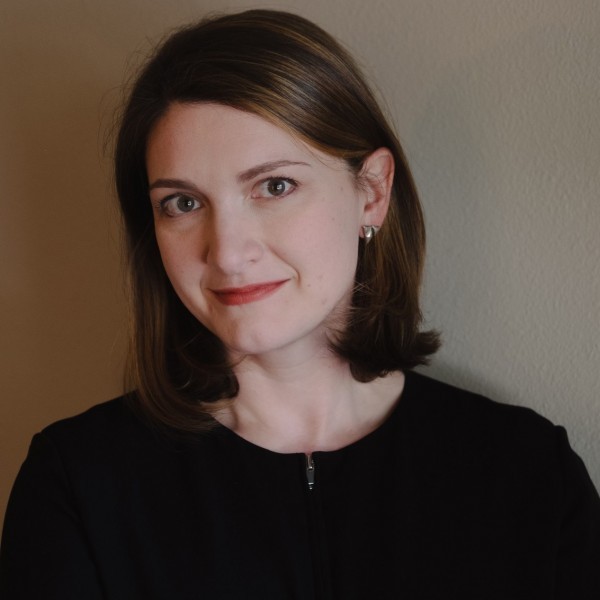
Rebecca Kastleman, English
Rebecca Kastleman teaches and writes about modern and contemporary drama, theater, and performance. Her scholarship tracks the global trajectories of theater and performance history, focusing particularly on dramatic literature in Great Britain and the United States. Kastleman's current book project, Profaning Acts: The Drama of Religion on the Modern Stage, explores how British and American dramatists became newly fascinated with religion after the turn of the twentieth century, demonstrating how playwrights' investigations of religious belief drew them into vexed encounters with global performance practices.
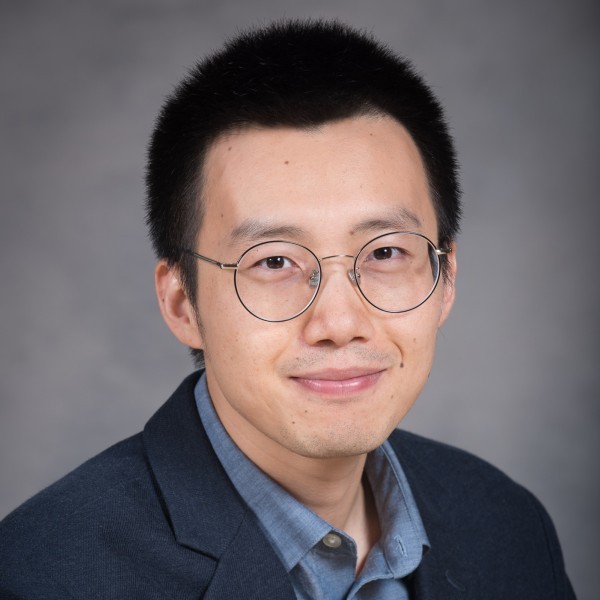
Lu Kou, EALAC
Lu Kou's teaching and research interestings include medieval Chinese literature and culture, poetry and poetics, historiography, classical tales and their adaptations in vernacular genres and modern media, and comparative studies of the Chinese Middle Period and medieval Europe (the Latin West, Byzantium, Andalusian Spain, etc). Kou is currently at work on two book projects: War of Words: Courtly Exchange, Rhetoric, and Political Culture in Early Medieval China, which examines the “discursive battles” fought among the rival states in China’s early medieval period and investigates how rhetoric constructed and contested political legitimacy in this age of multipolarity; and Bureaucracy and the Representation of Work in Medieval Chinese Poetry, which studies the dialectic between poetry and bureaucratic systems, between the lyrical and quotidian renderings of “work” in medieval poetry.
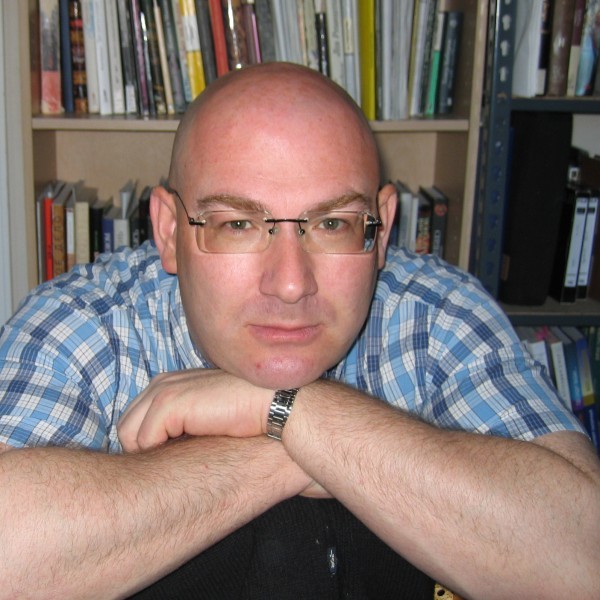
Mark Lipovetsky, Slavic Languages
Mark Lipovetsky's research interests include such subjects as post-Soviet culture, Russian postmodernism, post-Soviet drama, late Soviet nonconformist culture, and tricksters in Soviet culture. He has edited 5 volumes of Dmitry Prigov’s collected works and currently is working on his critical biography. Lipovetsky’s works were nominated for the Russian Little Booker Prize (1997) and short-listed for the Andrey Bely Prize (2008). In 2014, Lipovetsky received an award of the American Association of Teachers of Slavic and East European Languages for the outstanding contribution to scholarship. In 2019, Lipovetsky was awarded the Andrei Belyi Prize for his service to Russian literature. A History of Russian Literature, co-authored by Lipovetsky, received the Honorable Mention from the MLA Aldo and Jeanne Scaglione Prize for Studies in Slavic Languages and Literatures.
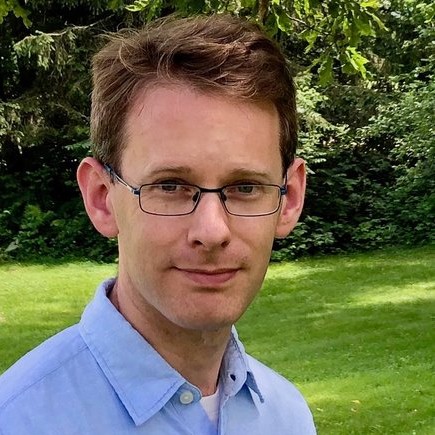
Alan Ross, Classics
Alan Ross's research lies at the intersection of literary and historical studies in Late Antiquity. His first book, Ammianus’ Julian: Narrative and Genre in the Res Gestae, offered a narratological and intertextual study of the last great work of Latin historiography, and he has also published a number of articles on satire, hagiography, the novel, and epideictic oratory in the fourth century. His current book project focuses on Greek political rhetoric under the sons of Constantine.
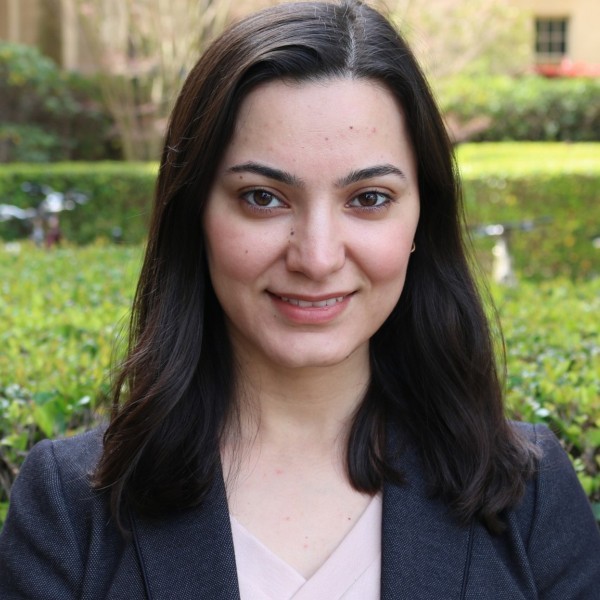
Aziza Shanazarova, Religion
Aziza Shanazarova specializes on the religious history of Islamic Central Asia and the broader Persianate world with an emphasis on the sixteenth to the twentieth centuries. She is currently working on a book project entitled Female Religiosity and Gender History in Early Modern Central Asia: The Great Lady and Her Legacy, which is a study of female religious authority, spirituality and gender history based on the case of the 16th-century female Sufi master known as Aghā-yi Buzurg (The Great Lady).
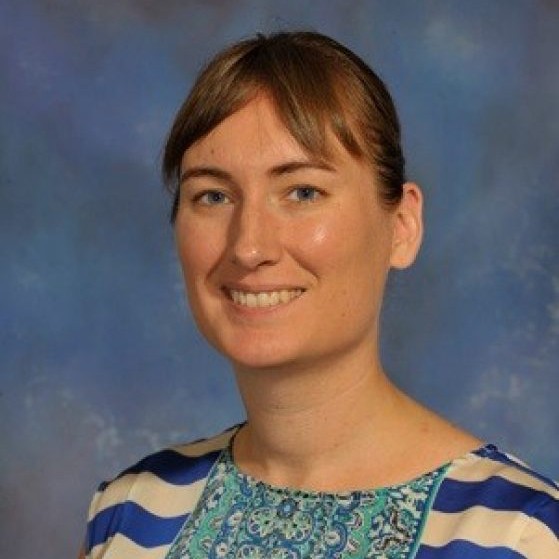
Alison Vacca, MESAAS
Alison Vacca is a historian of early Islam working on the caliphal provinces Armenia and Caucasian Albania. Her work centers on several themes, including intercultural transmission of historical texts, quick-changing alliances in moments of intercommunal violence, and intermarriage across ethnic and religious lines. Vacca's first monograph, Non-Muslim Provinces under early Islam: Islamic Rule and Iranian Legitimacy in Armenia and Caucasian Albania, was published by Cambridge University Press in 2017 and received the 2018 prize from the Central Eurasian Studies Society.